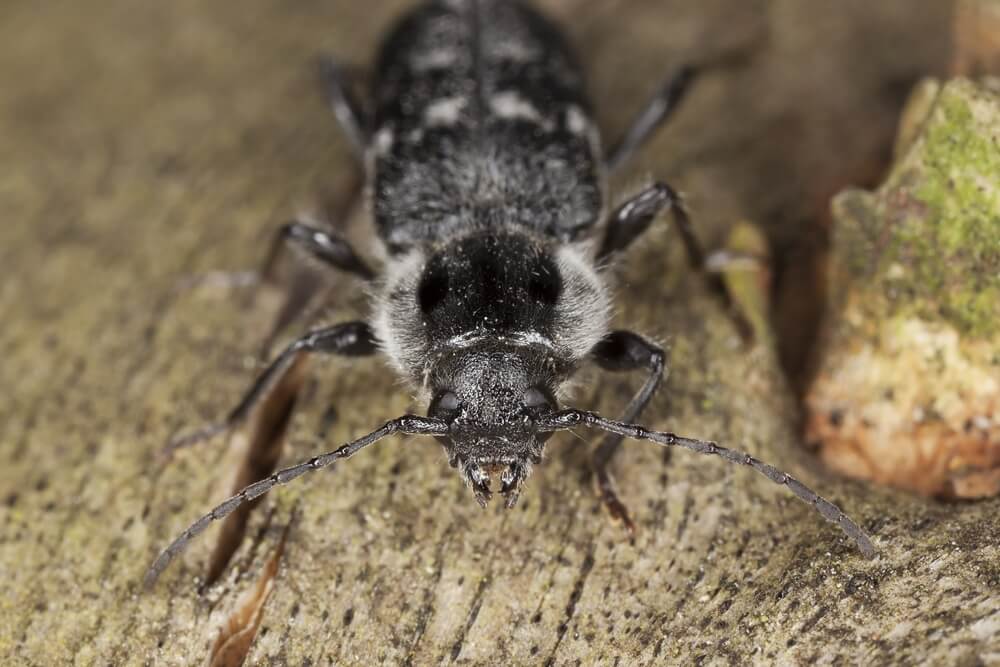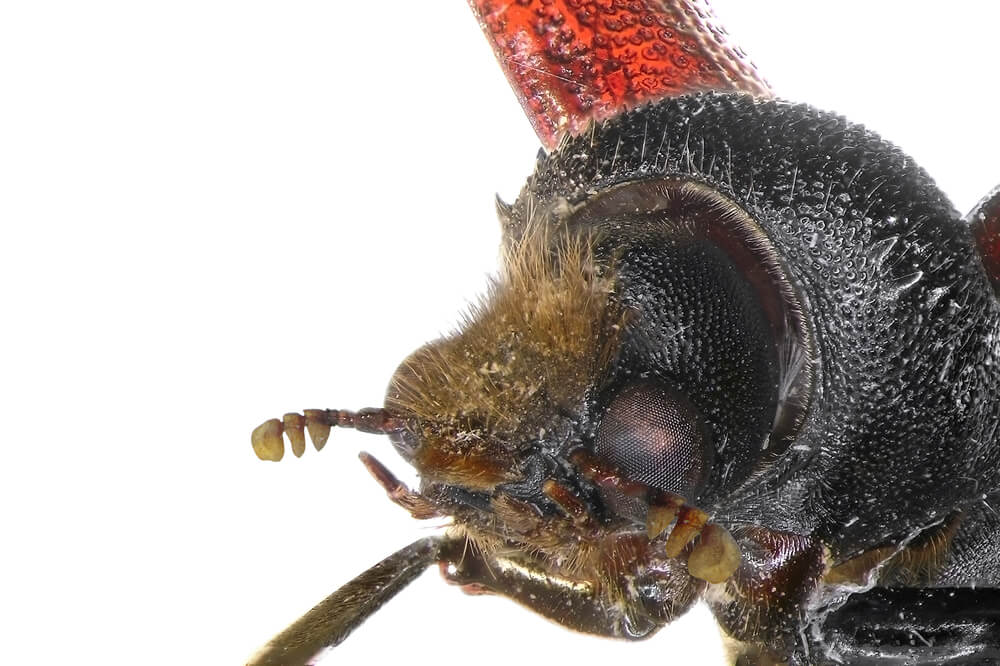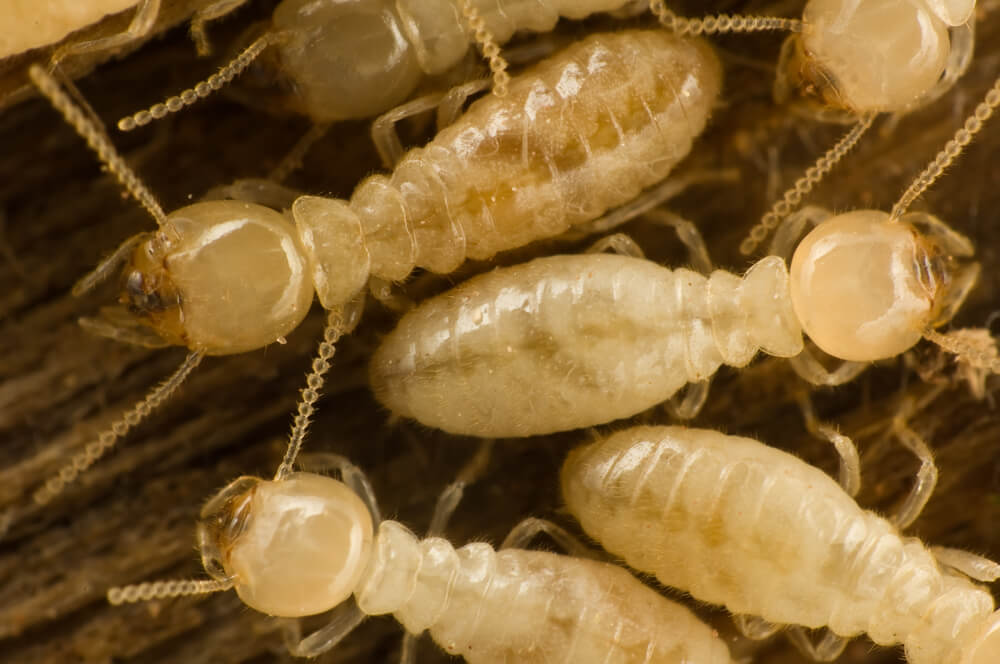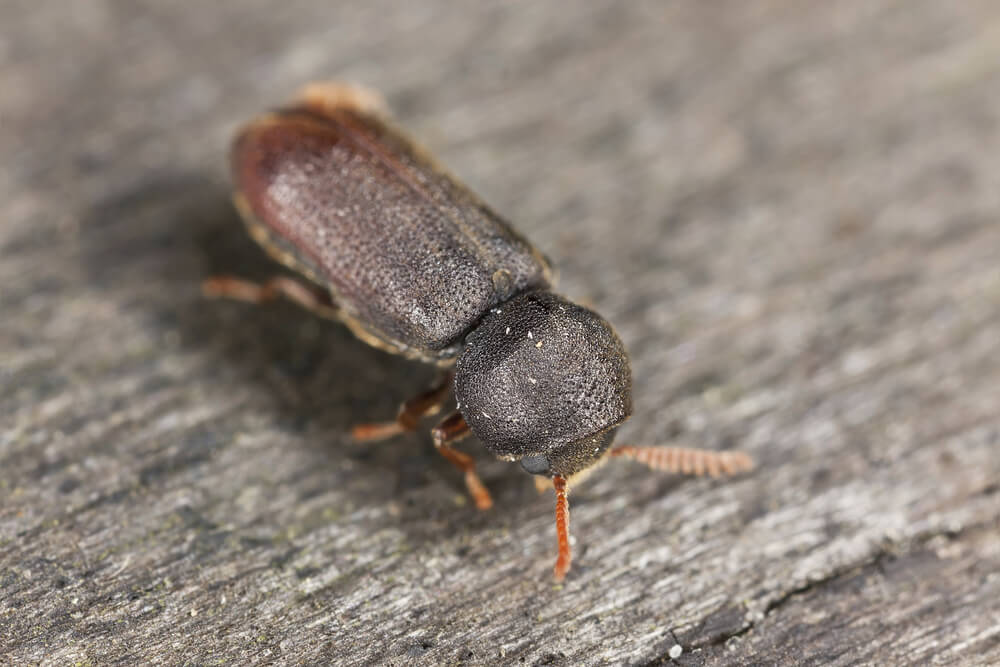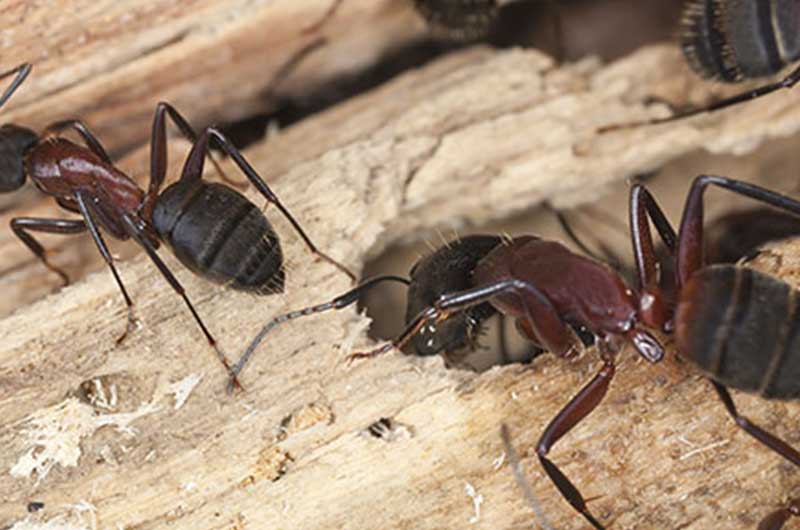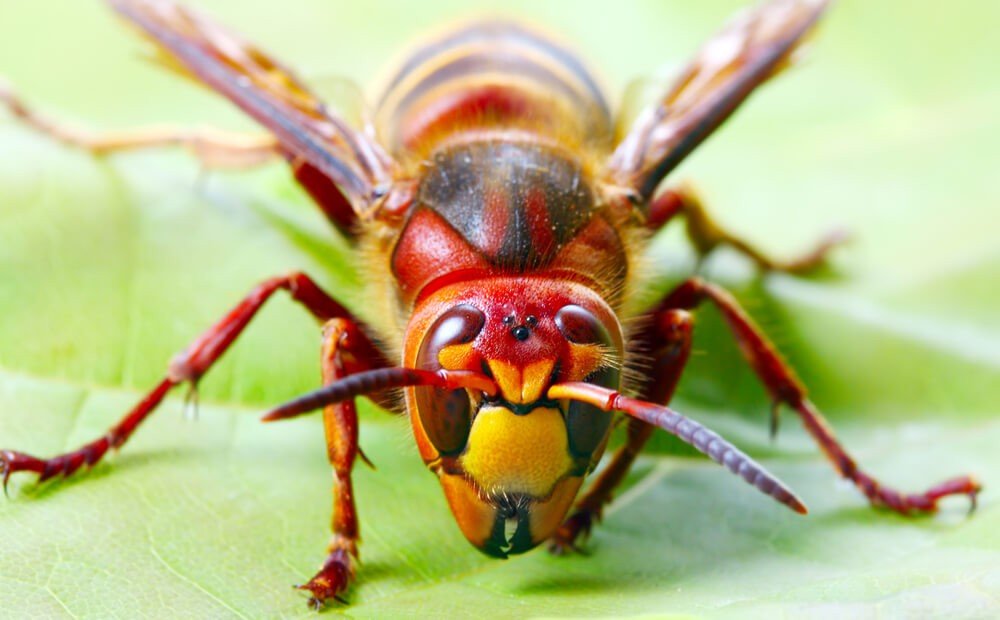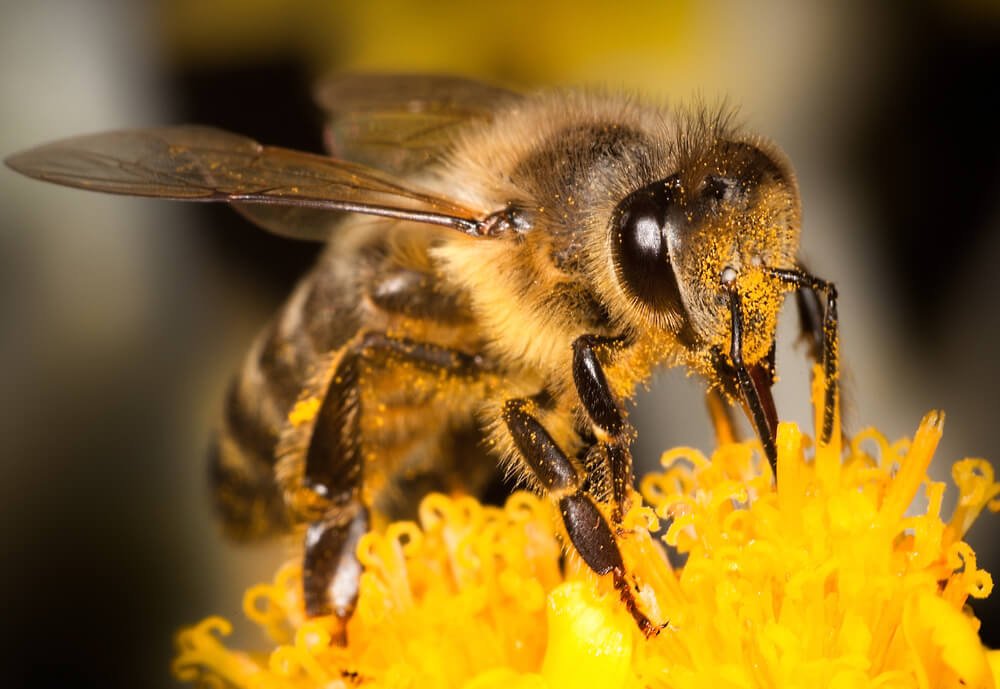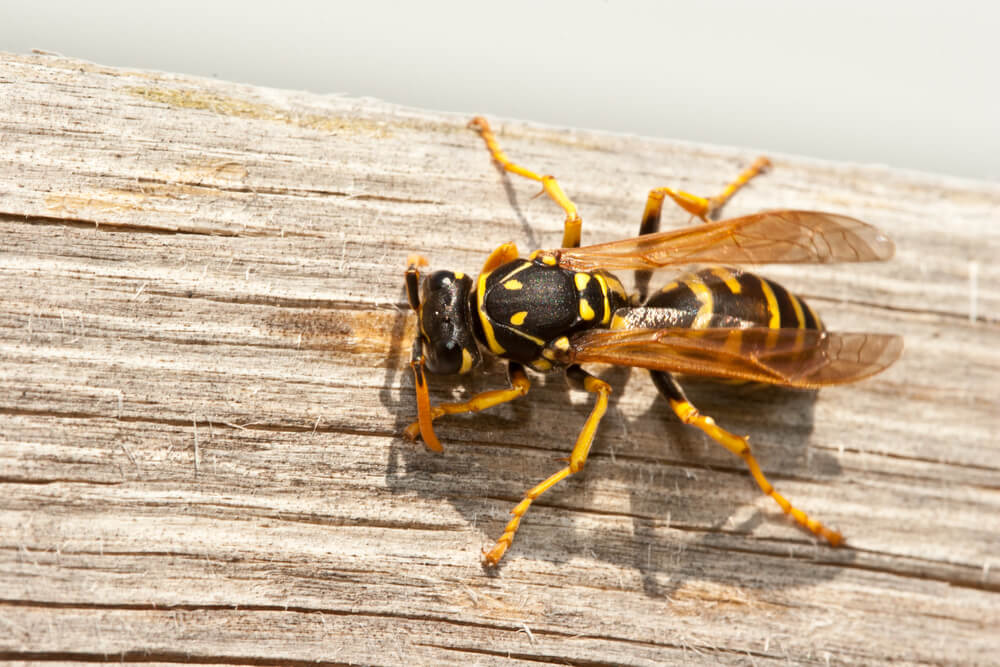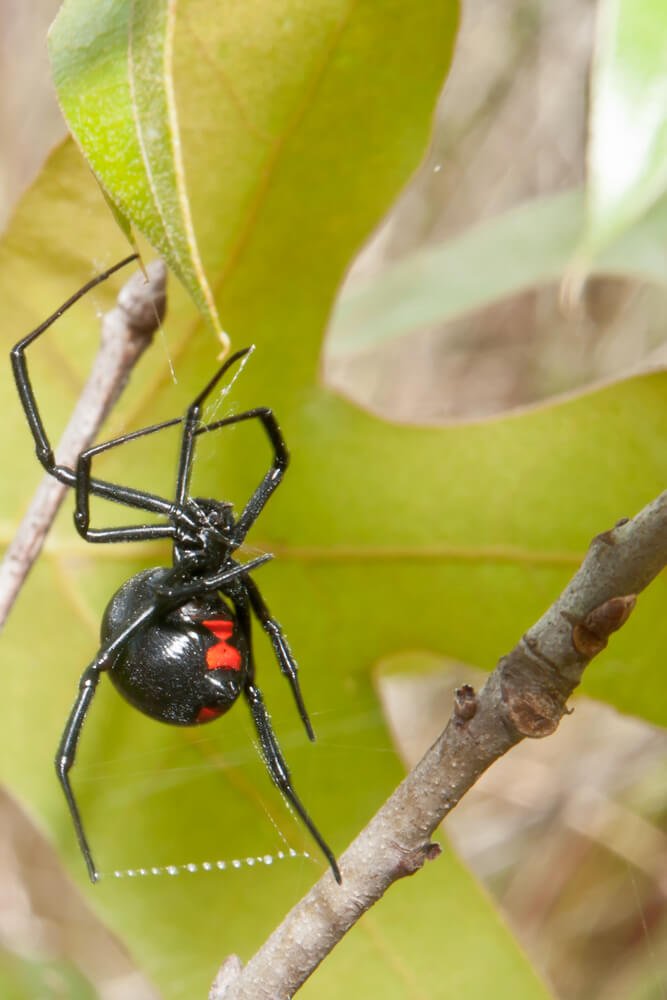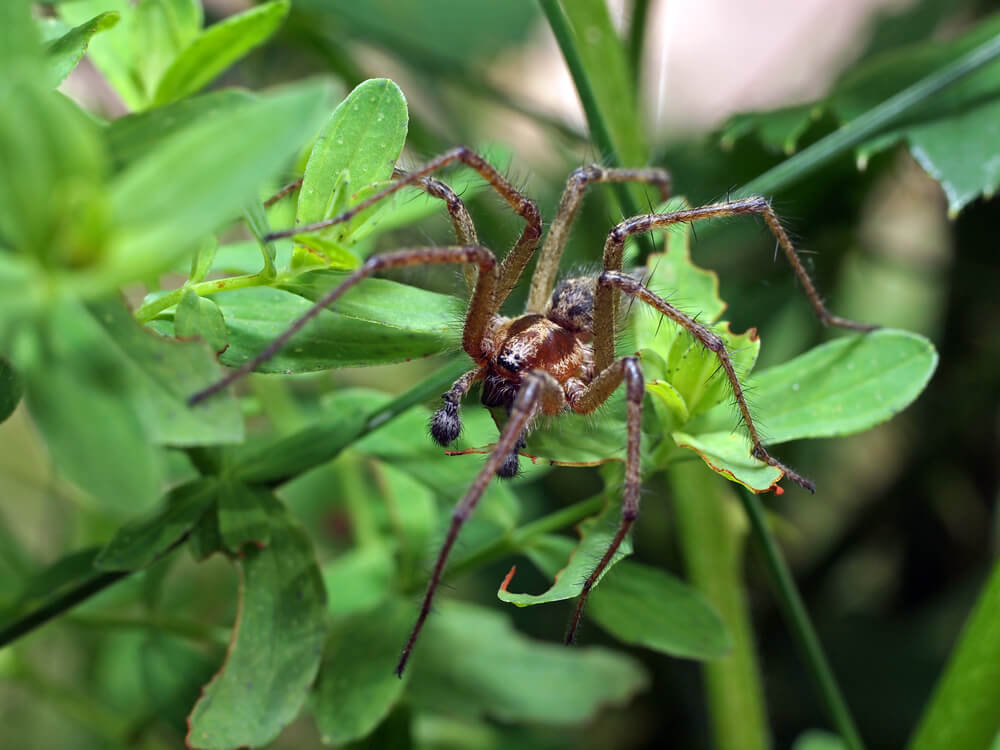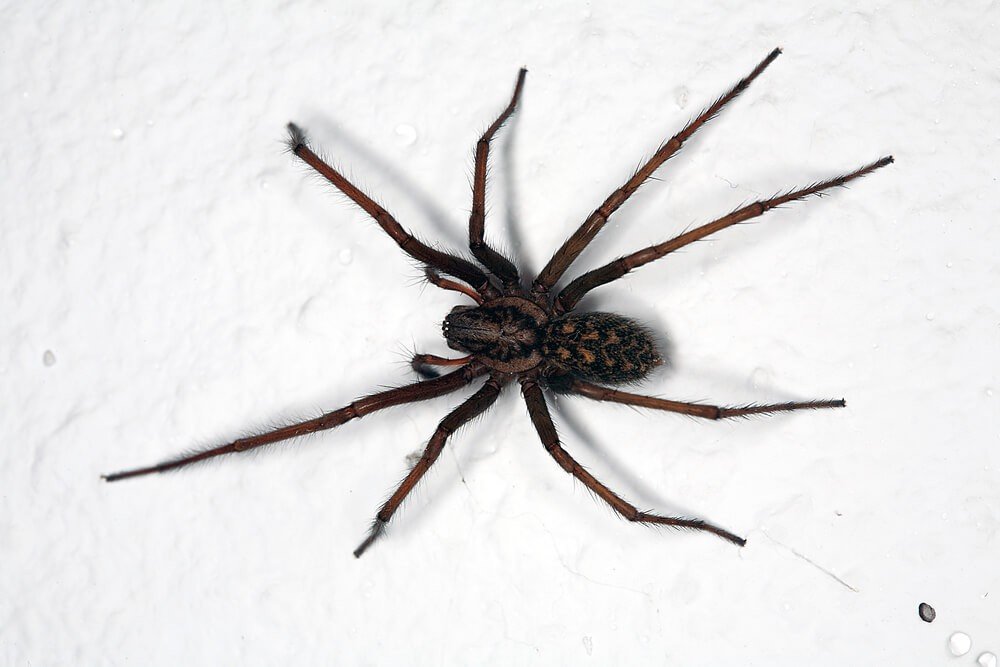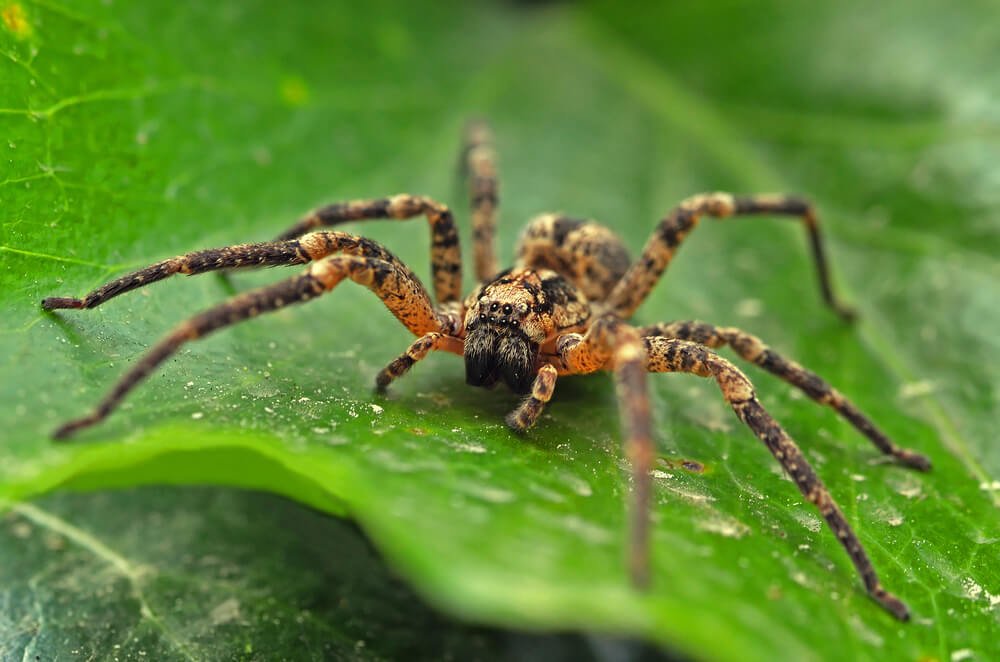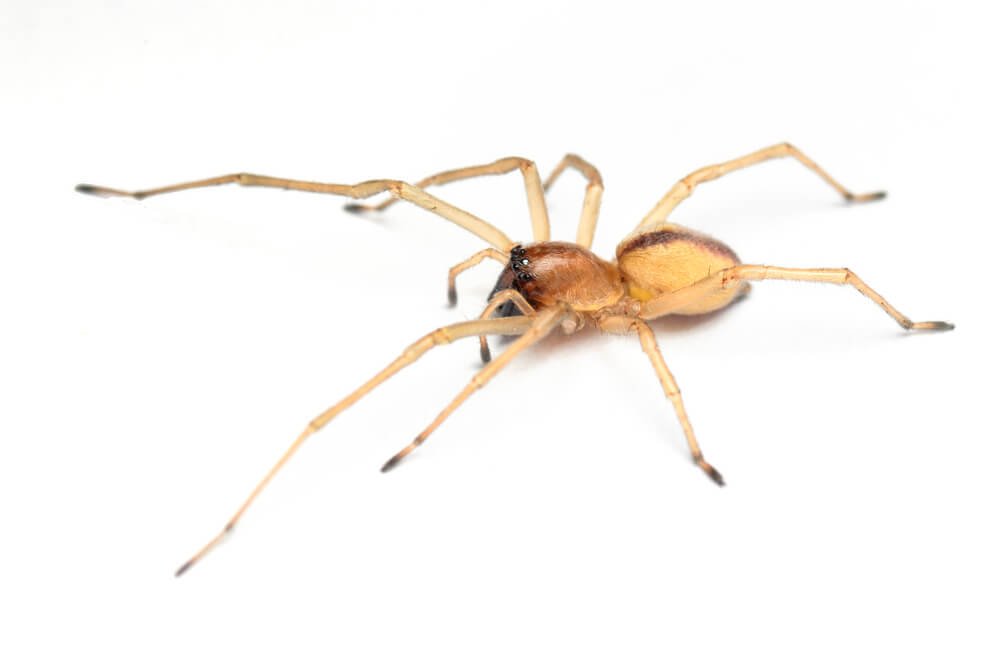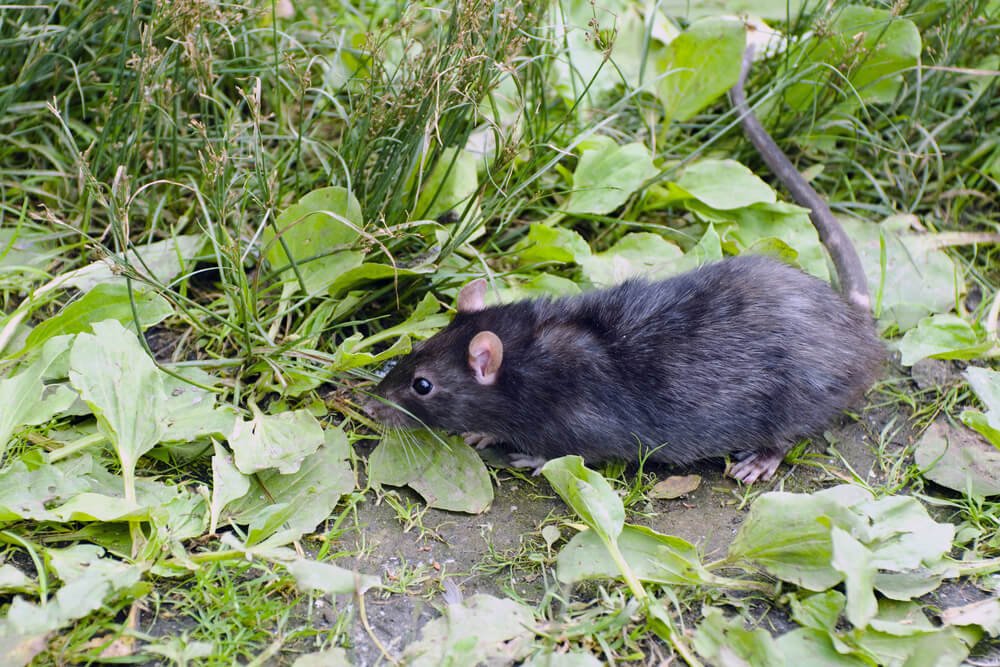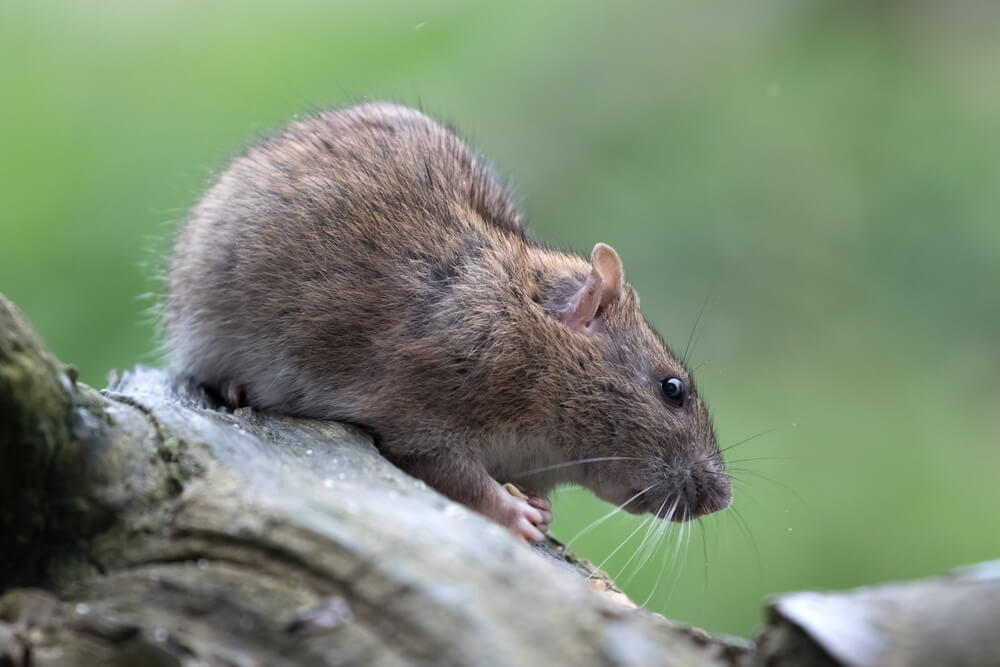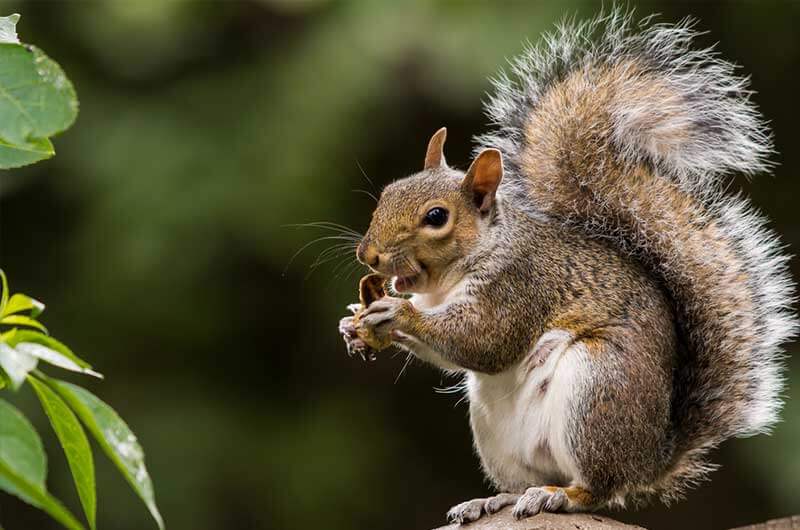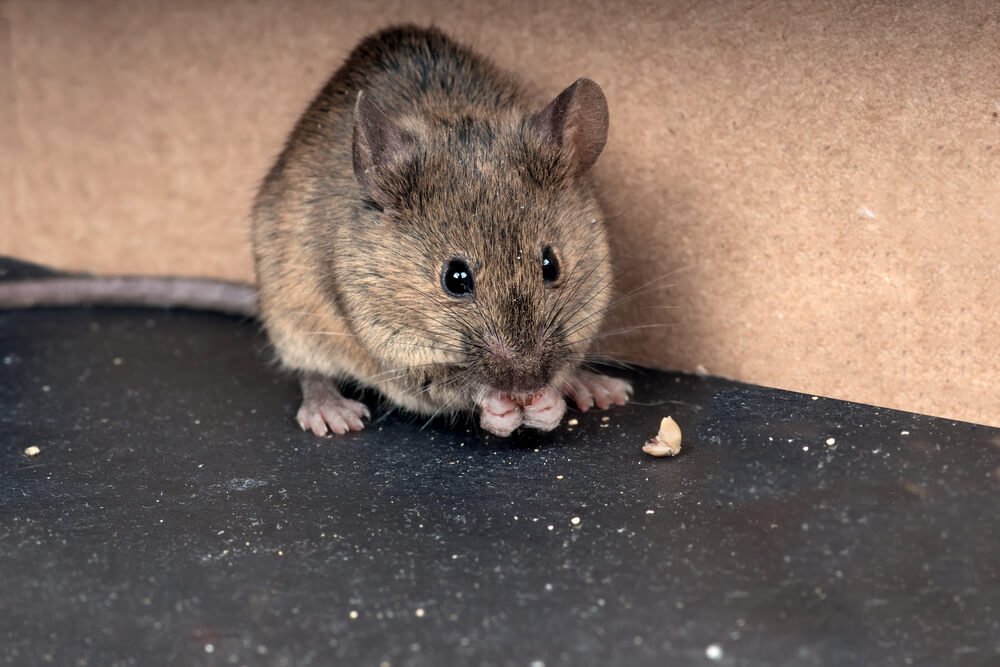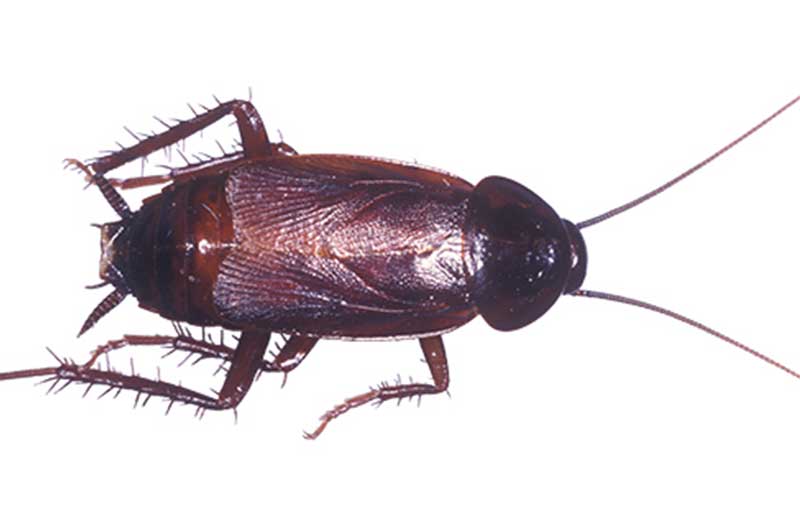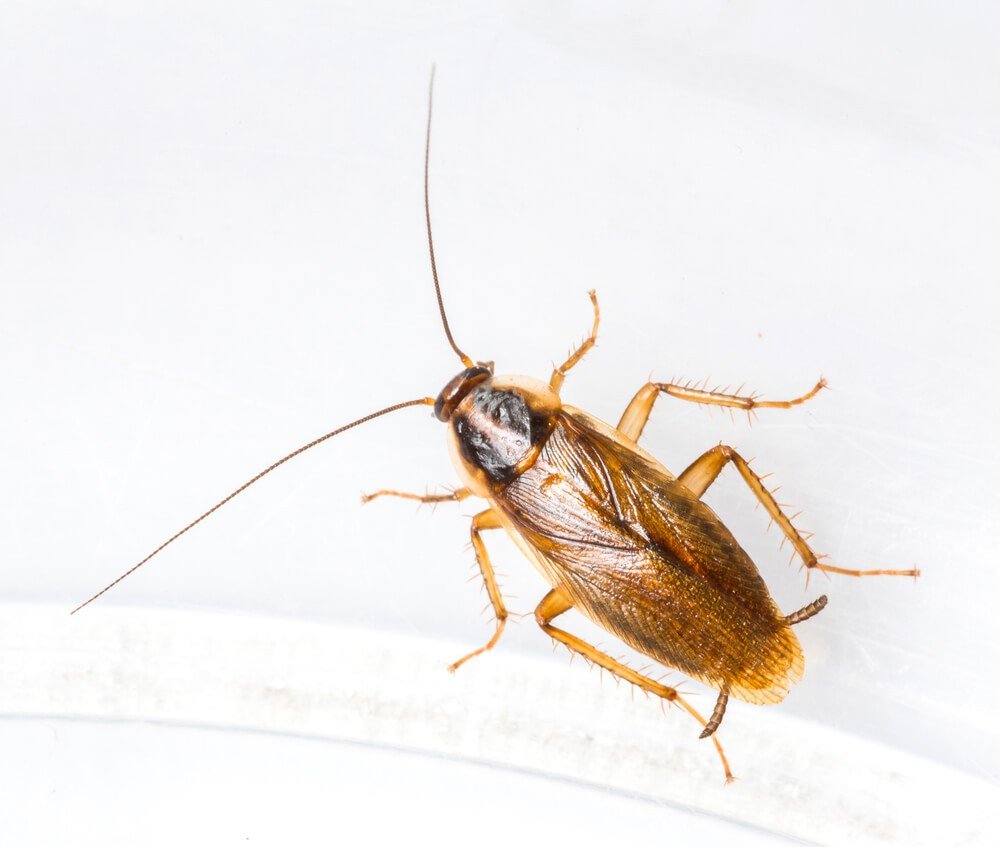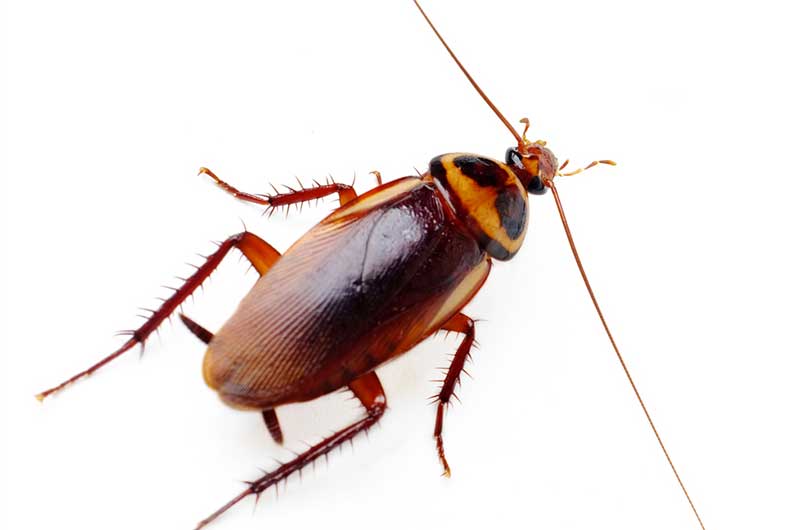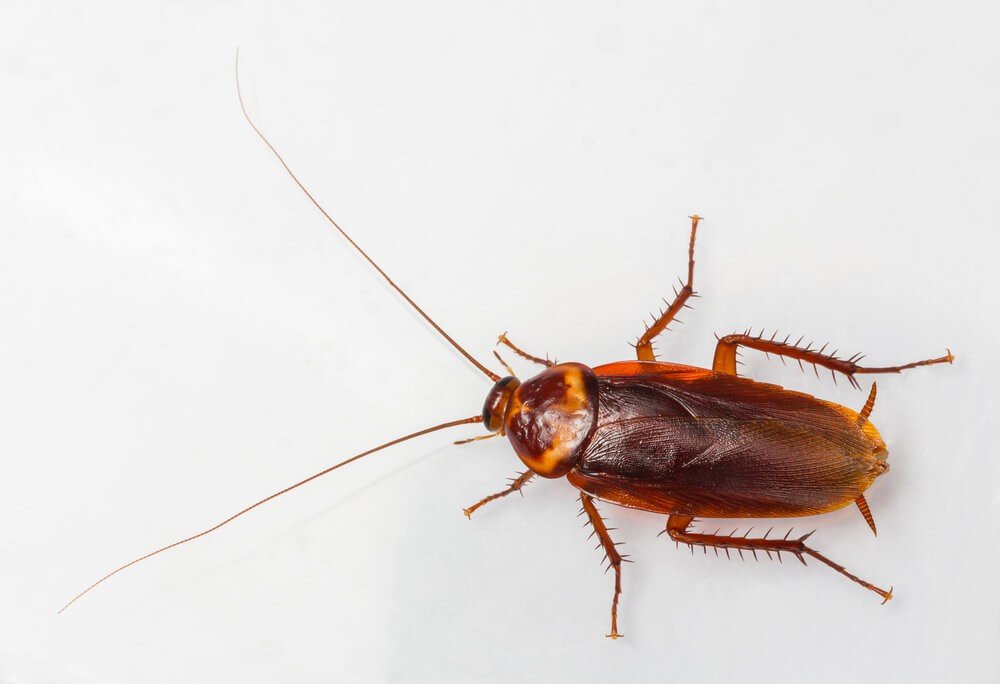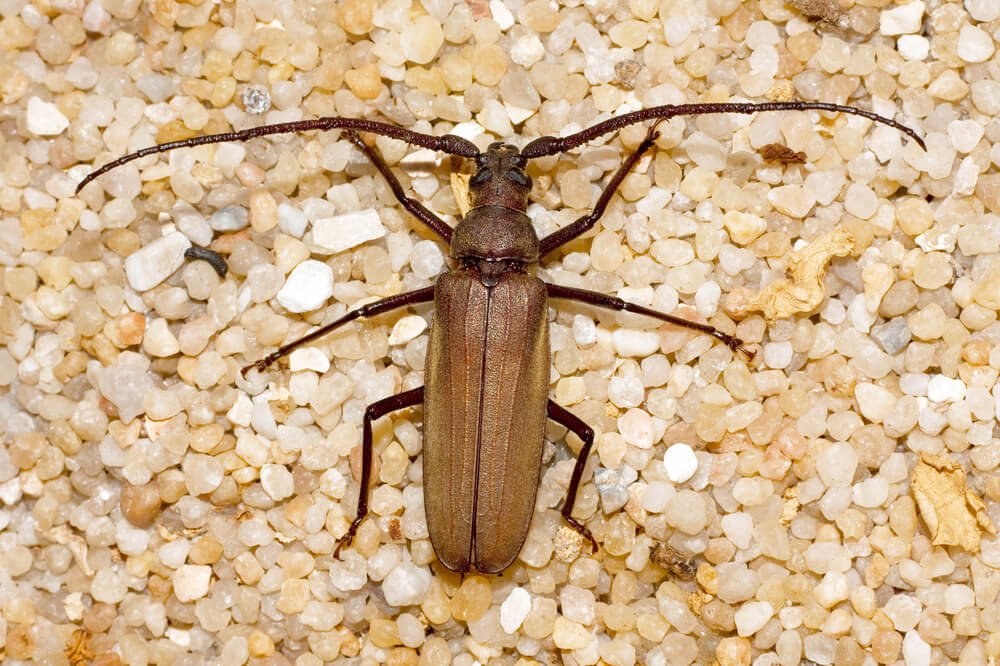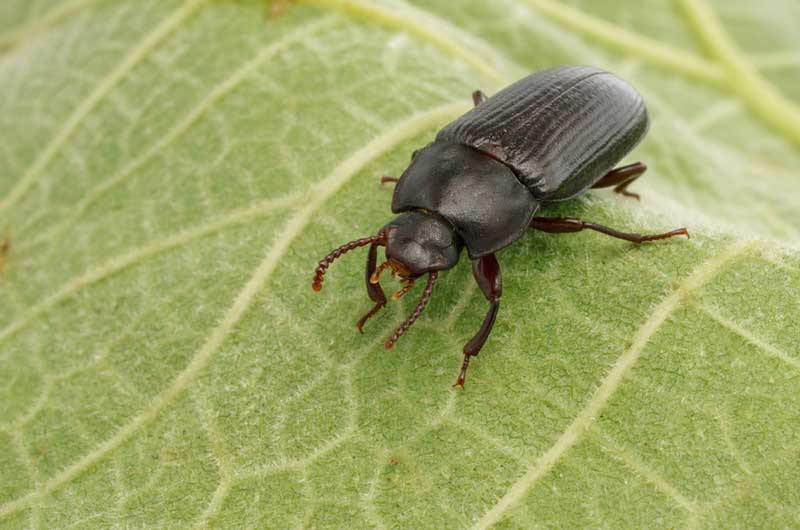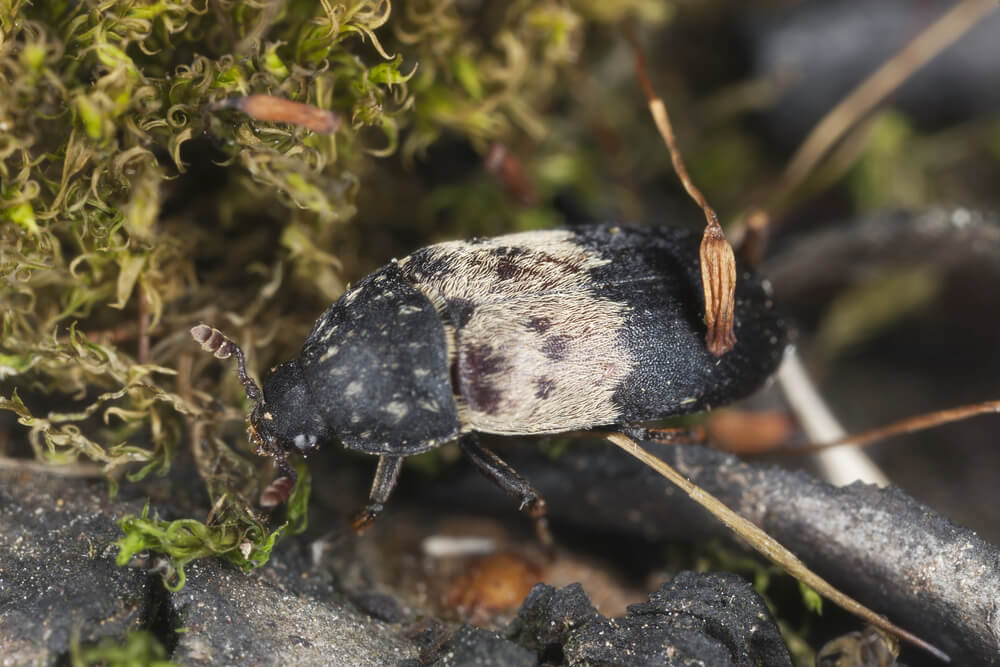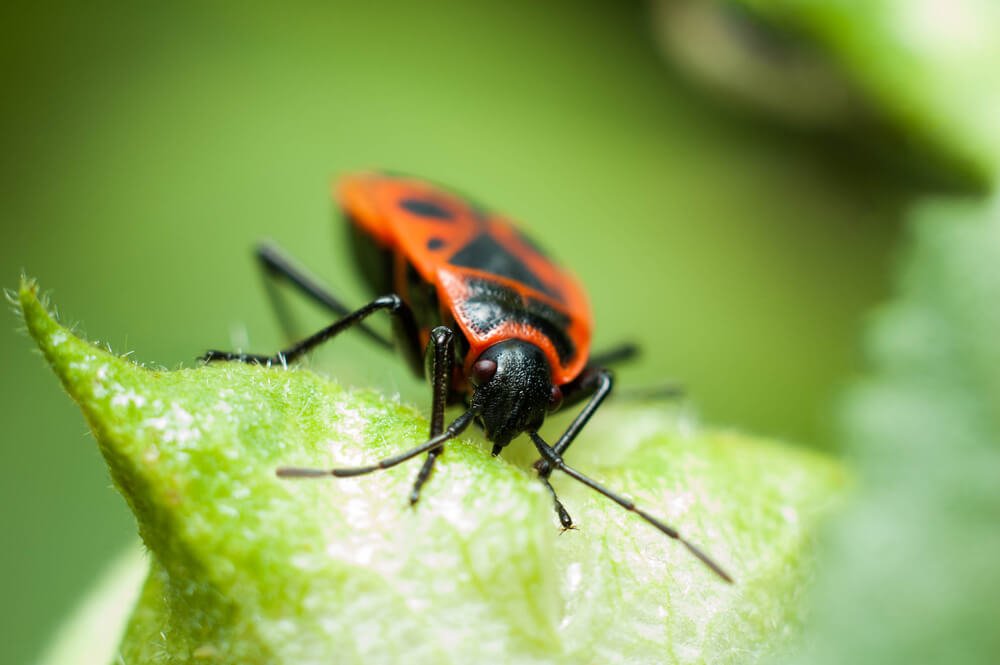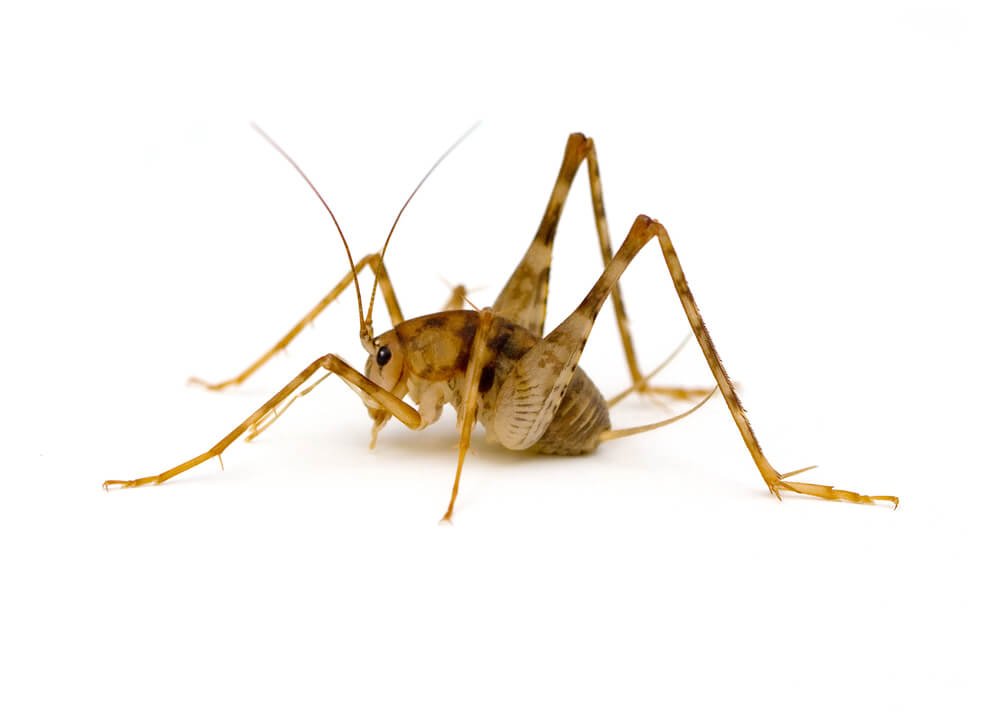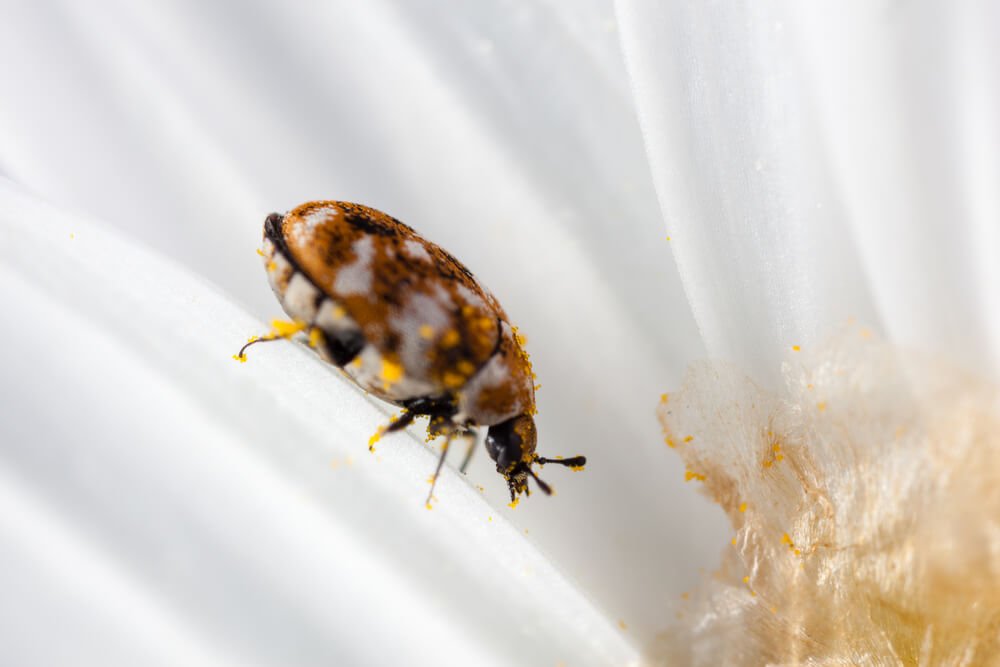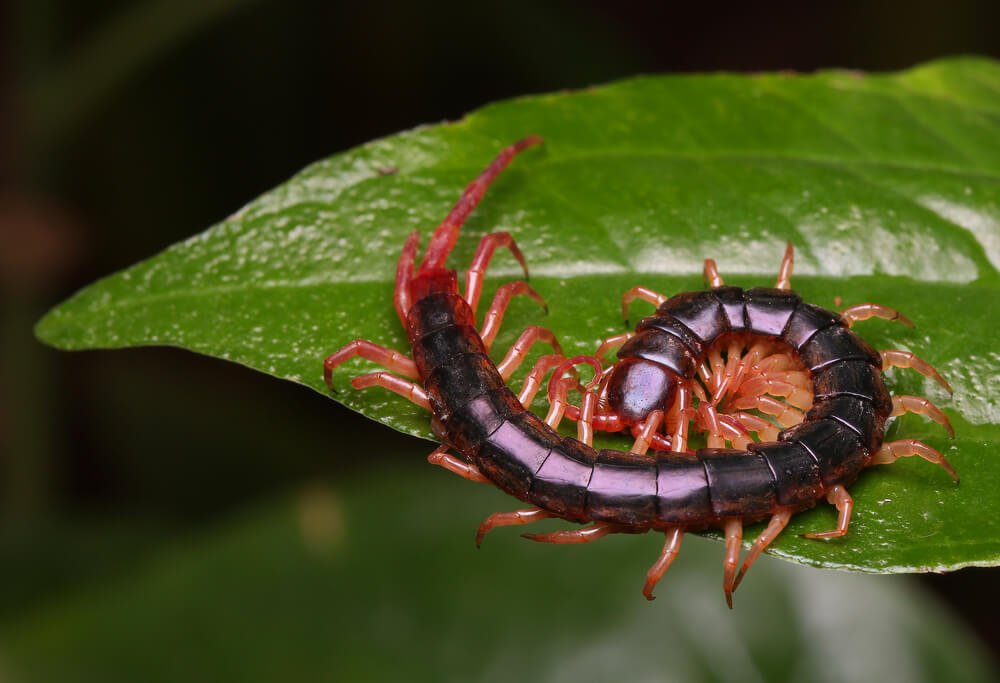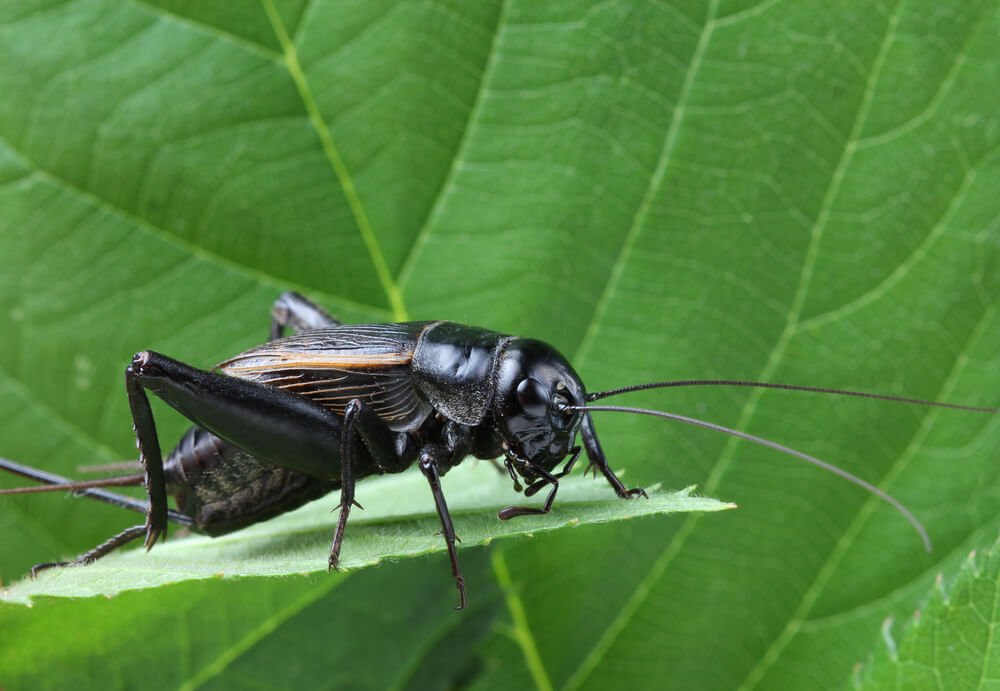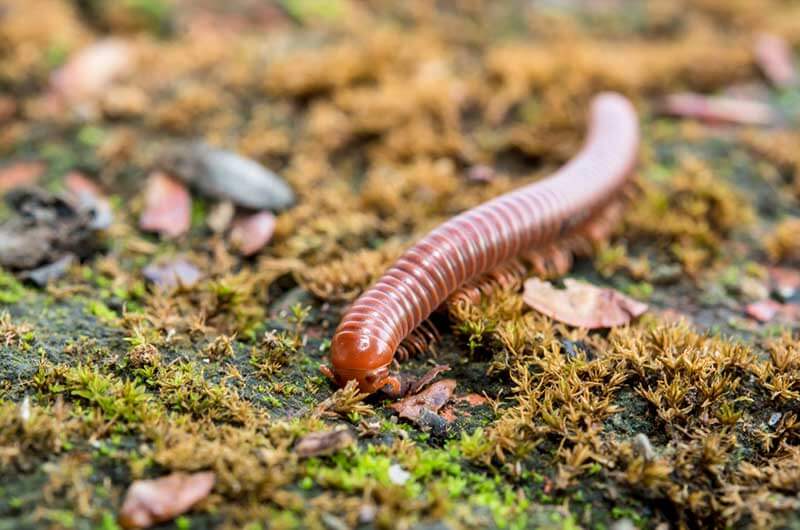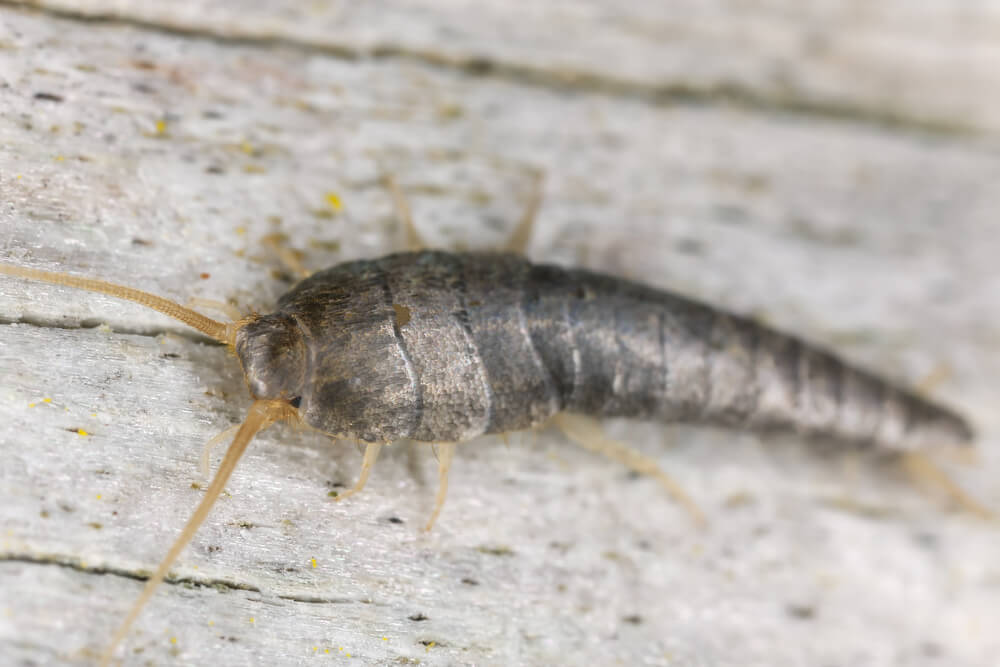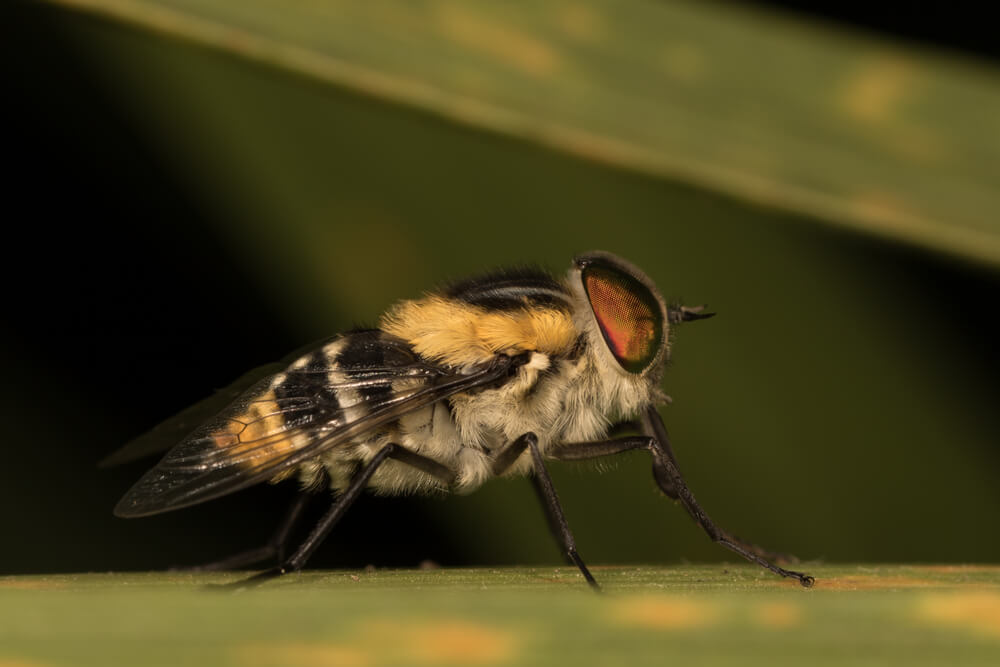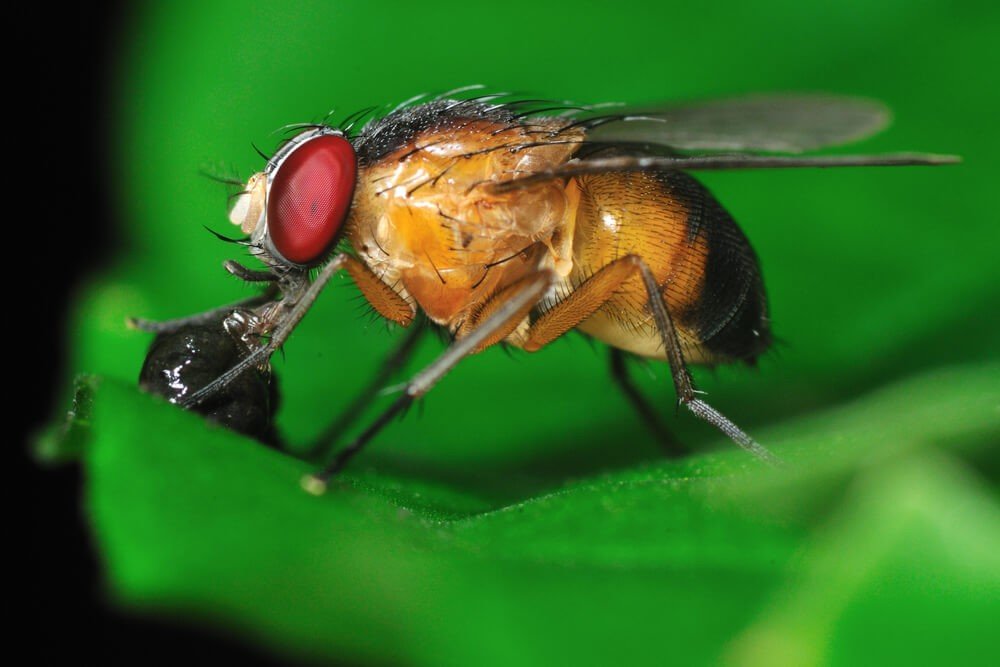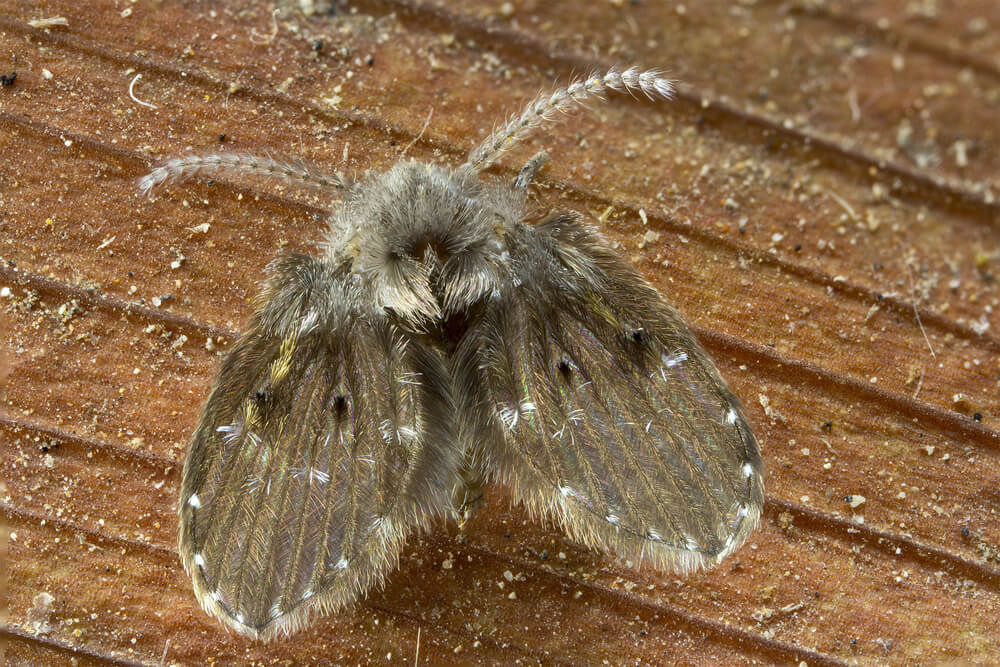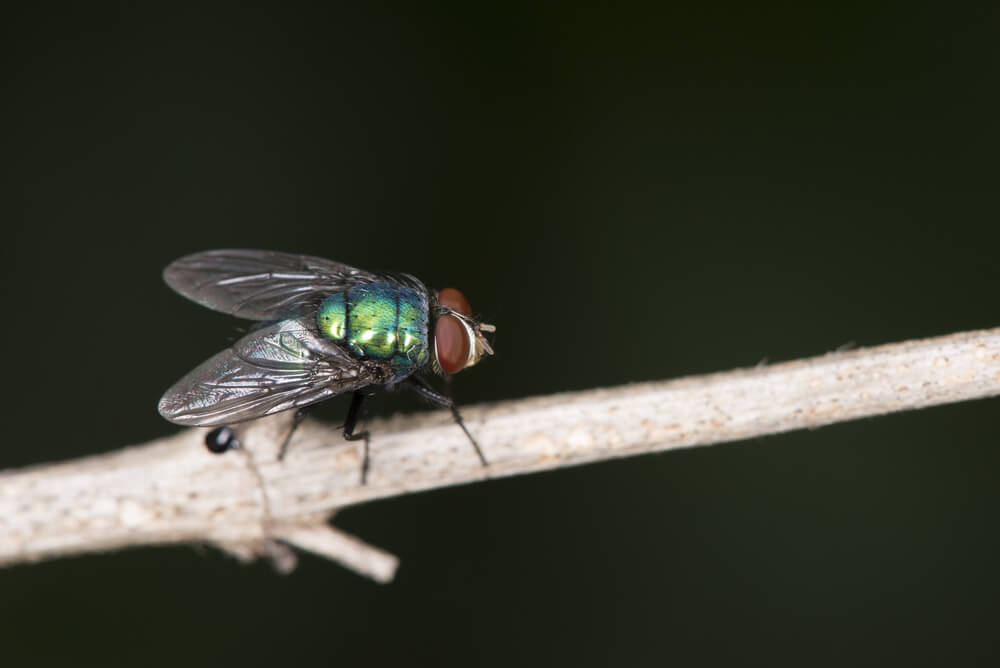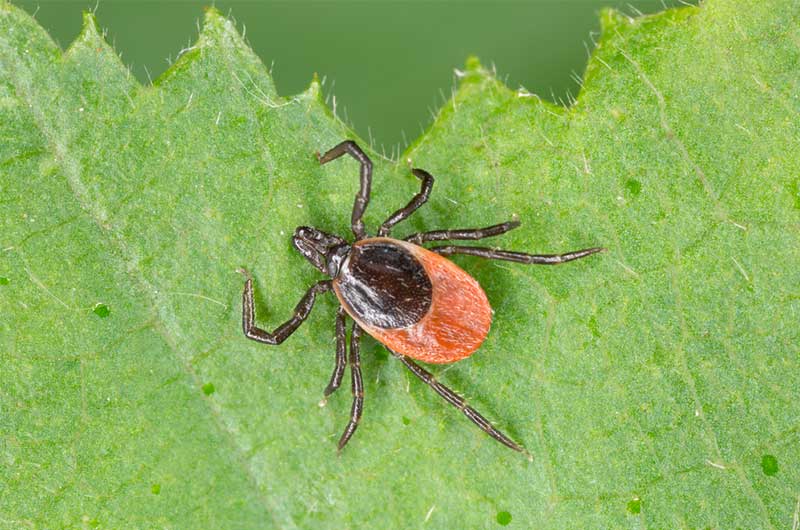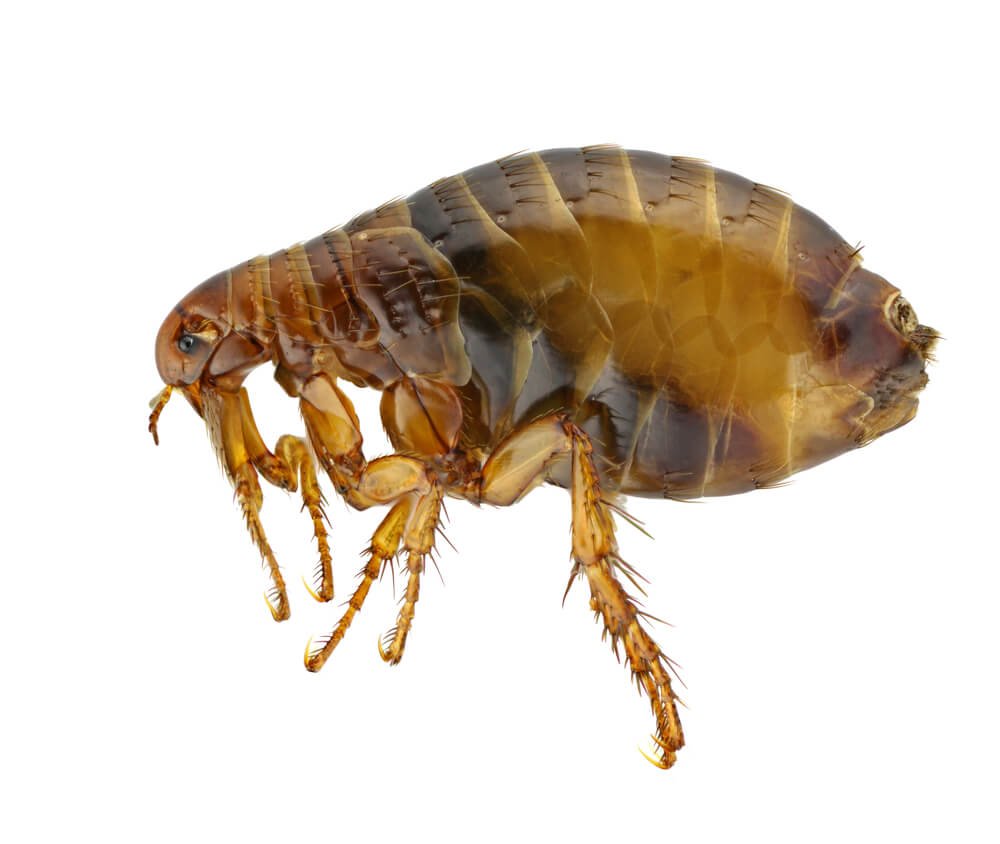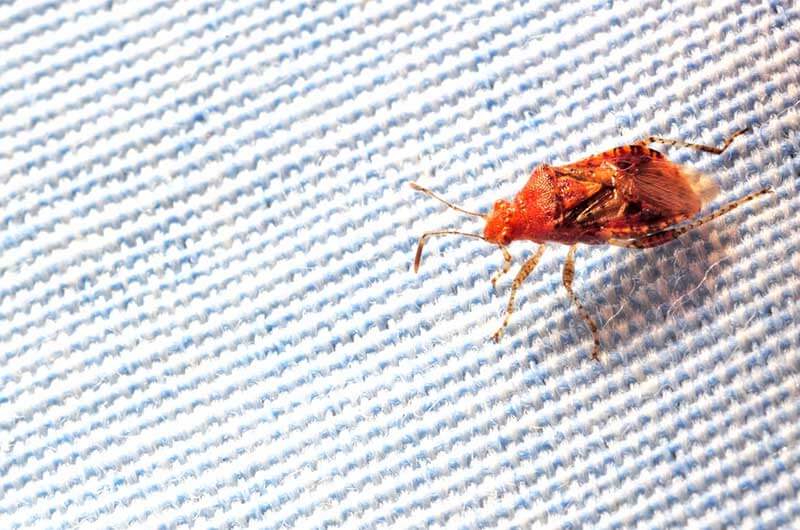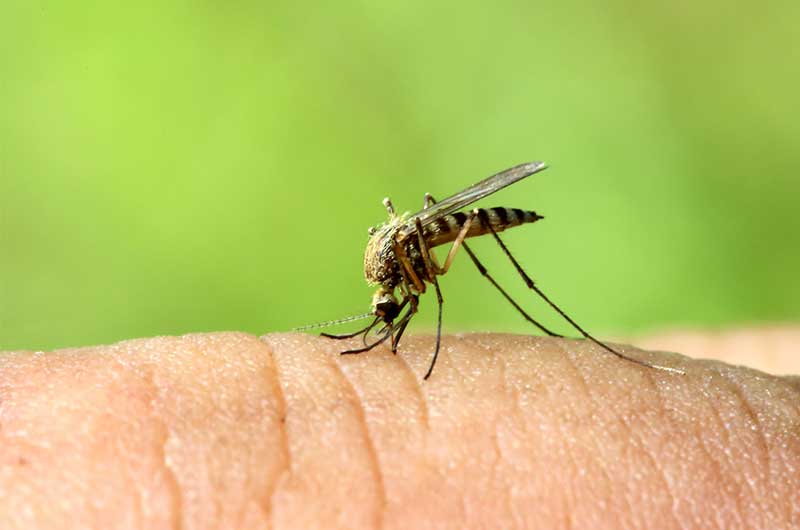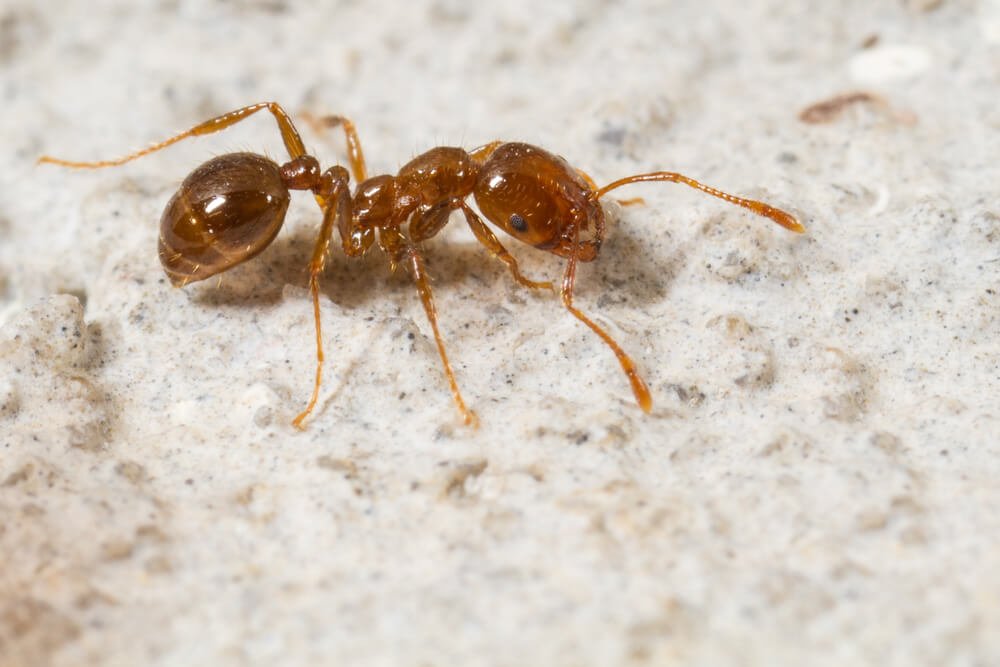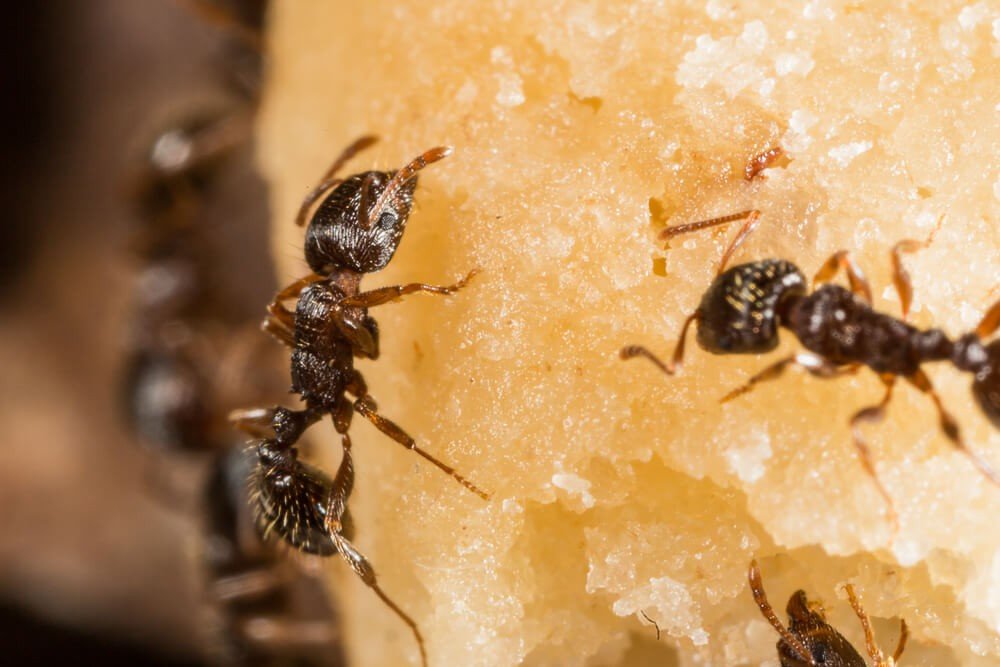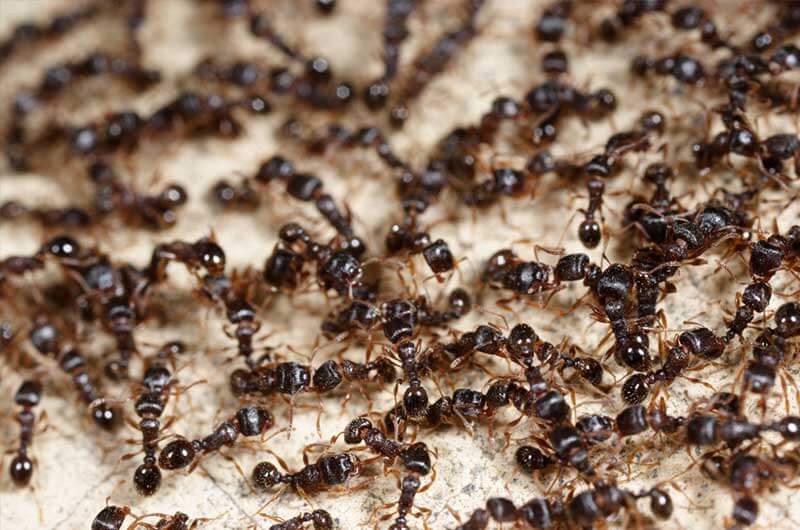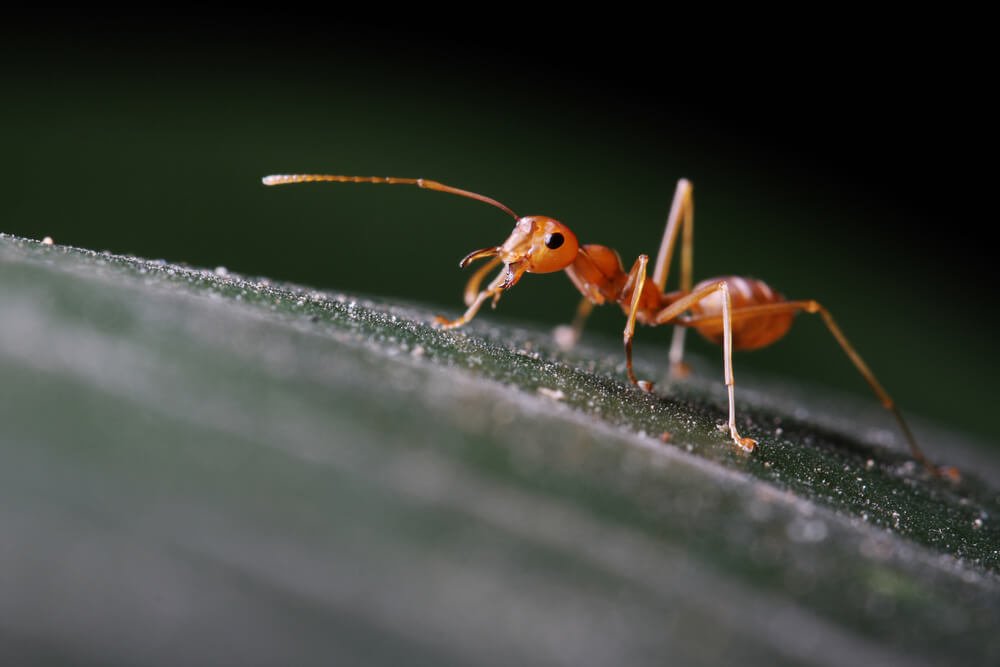Almost all homeowners know the feeling of unease that accompanies finding mice or rodents in your home. Whether in the kitchen, attic, basement or dining room – a rodent sighting can incite surprise and fear in even the most composed homeowner. Unfortunately, these common pests are resourceful creatures that can enter a building or home through the smallest opening or crack, and require very little space to travel inside.
- Home
- About
- Bugs
- Residential
- Commercial
- Services
- Real Estate Inspections
- Special Offers
- Locations
- Quote
- Blog
- Contact
- Home
- About
- Bugs
- Residential
- Commercial
- Services
- Real Estate Inspections
- Special Offers
- Locations
- Quote
- Blog
- Contact
Tag: mouse exterminator
Mouse Control Programs with Exclusion
Written by webadmin on . Posted in Permatreat Blog.
Mouse control in the fall and winter is a major concern for our homeowners in Virginia. As warm weather turns to cold mice, rats and other rodents seek shelter and food and most often they find that shelter and food in our homes and businesses.
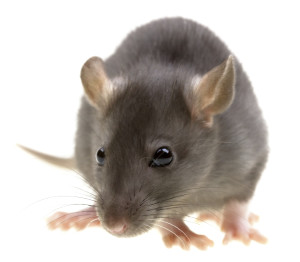
Mice find their way into your home through “entry points” (tiny cracks and holes), their flexible bone structure allows them to squeeze through tiny gaps that aren’t any wider than a pencil.
To avoid mouse infestations homeowners can begin by sealing off “Entry Points”:
-
under the kitchen sink – the area where pipes and electrical conduits are punched through exterior walls.
-
doors that open to the outside – check the door spacing to determine if a mouse has sufficient space to squeeze through – installing weather stripping will help prevent entry and lower energy costs
-
laundry room – check around pipes and conduits as well as dryer vents – all of these areas should be checked for tiny gaps and holes and filled with expanding foam
-
around the chimney and plumbing vent stack – any pipes or architectural elements that punch thru ceilings and floors may have tiny gaps and holes that can be filled with expanding foam
-
basement openings – check and seal gaps around vents, sill plates (where the wood frame of the house rests on the foundation), pipes and conduits.
Tips to discourage mice:
-
Keep food sources in metal or glass containers with secure lids – mice can eat through cardboard, certain plastics, and other forms of containers to get to food.
-
Don’t leave pet food out – remove any leftover food after the pet has finished it’s meal
-
Mice are terrific climbers – even the top of your refrigerator is not a safe place for food storage
-
Seal your trash in a can with a tight lid, both indoors and outdoors.
-
Keep all counters, sinks, and kitchen surfaces clean
-
Keep all doors leading to the outside closed after entering or exiting your homeowners
-
Keep windows closed or if open insure that screens are in good shape (no tears that will allow mouse in)
But the best way to insure that your home is free of any mouse infestations is to contact your local exterminator and ask for a free inspection/evaluation to determine which rodent control program would be best for your home.
Some rodent control programs include exclusion. On the initial visit your technician brings the necessary materials to seal up possible entry points as baits and traps are installed in safe locations (out of the reach of children and pets) in and around your home. But, as we all know….mice are great chewers, so the technician is always prepared to seal up any new openings that occur on follow up visits.
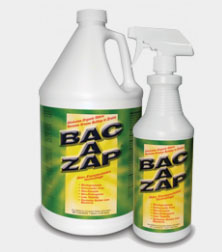 There is always the possibility that a mouse will die in your walls or ceilings? If this happens Bac-a-zap can be used if the carcass cannot be found and removed. Bac-a-zap is made to eliminate organic odors and contains live bacteria to break it down.
There is always the possibility that a mouse will die in your walls or ceilings? If this happens Bac-a-zap can be used if the carcass cannot be found and removed. Bac-a-zap is made to eliminate organic odors and contains live bacteria to break it down.
Mice multiply quickly and carry diseases….if you think you have a rodent problem, don’t hesitate, call for your free estimate and ask about “exclusion” programs.
Learn more about RODENT CONTROL
Learn more about the different RODENTS in VIRGINIA
At PermaTreat…we make Mouse Calls!!!!
PermaTreat Pest and Termite Control
Are pests invading your home? Call PermaTreat now at 866-737-6287 for a home inspection today!
Contact Us
Find Us
© All Rights Reserved.







